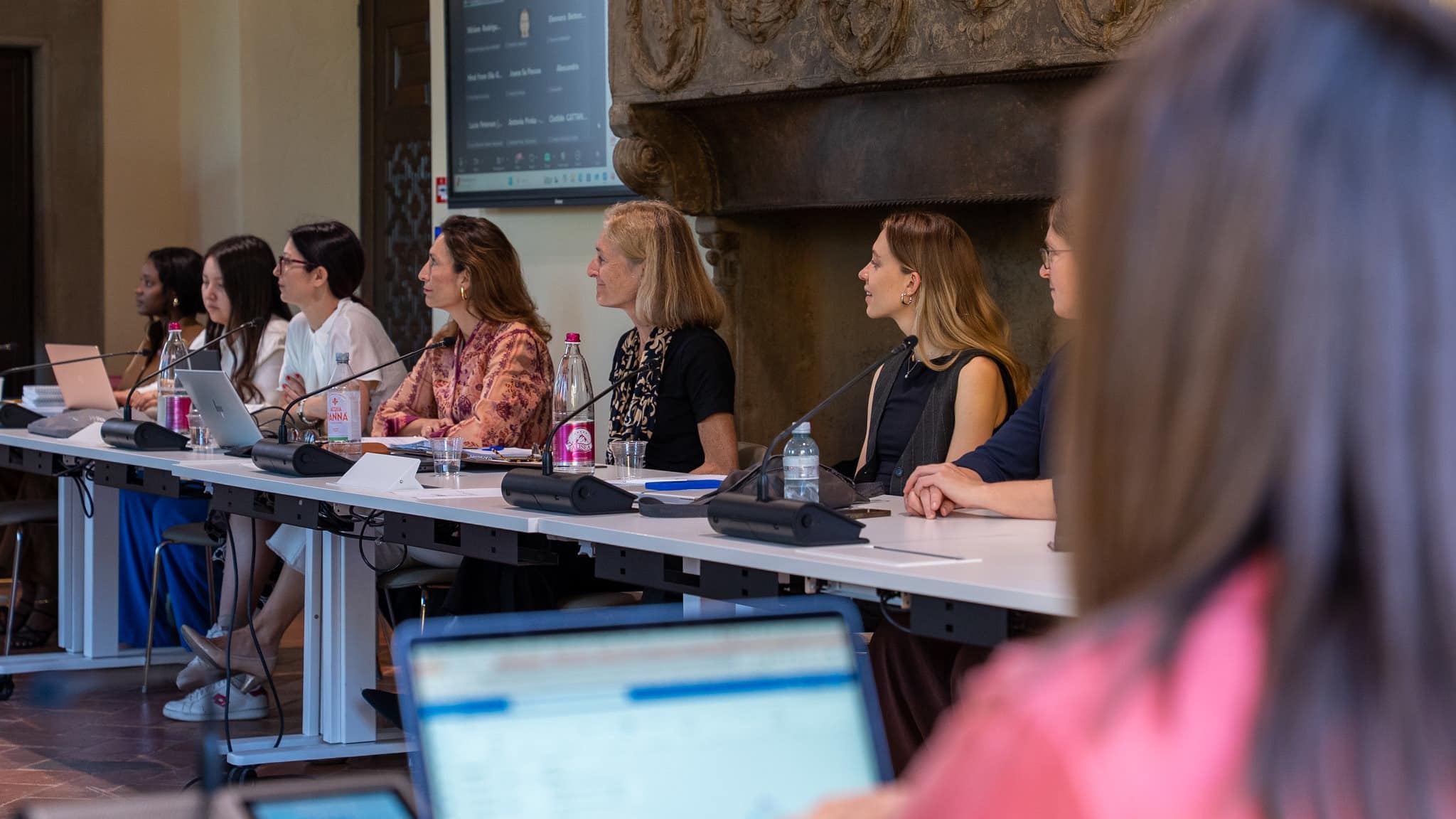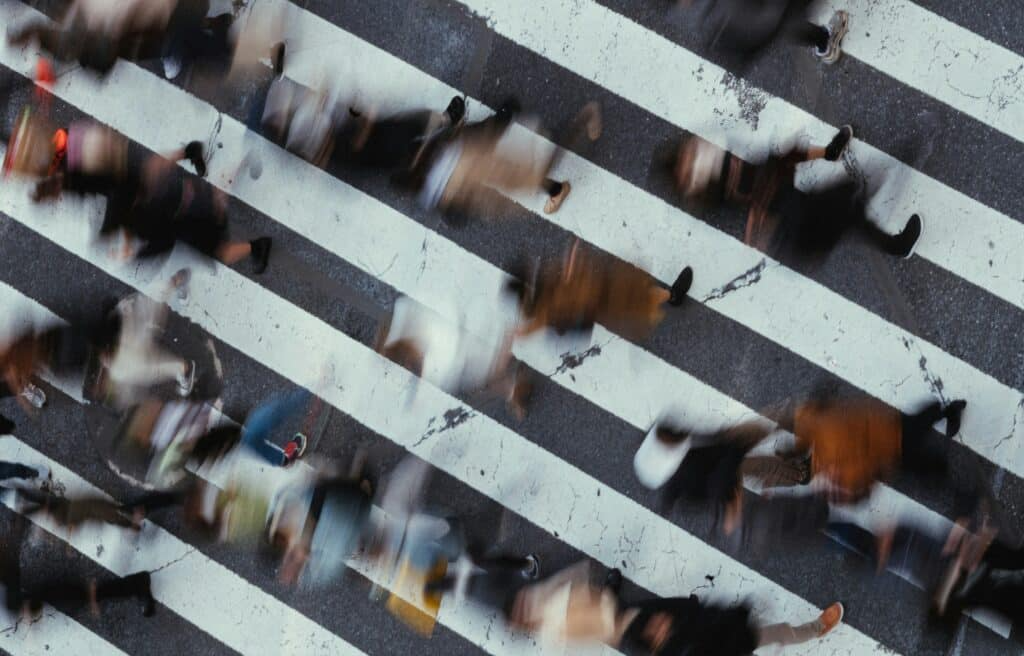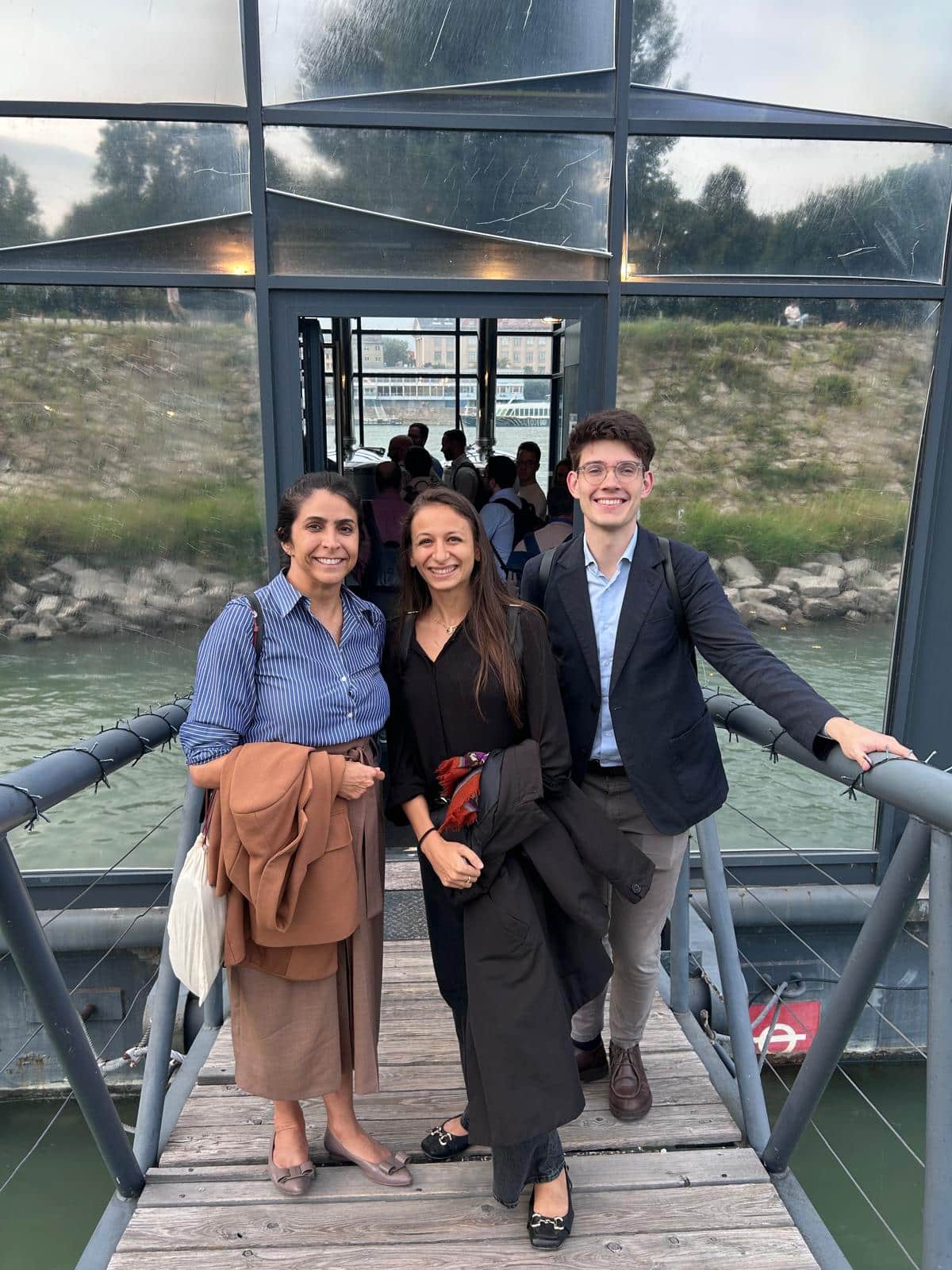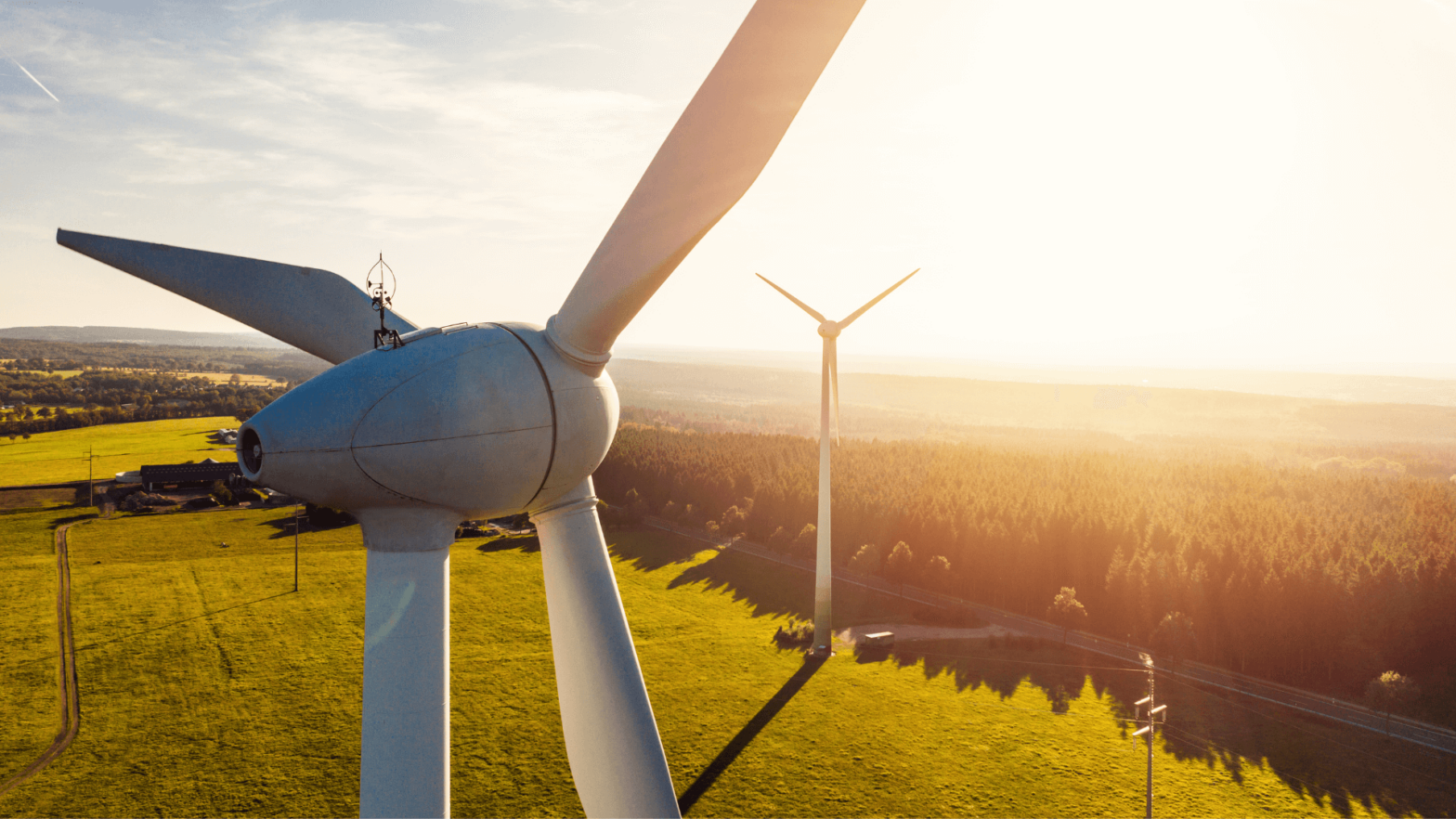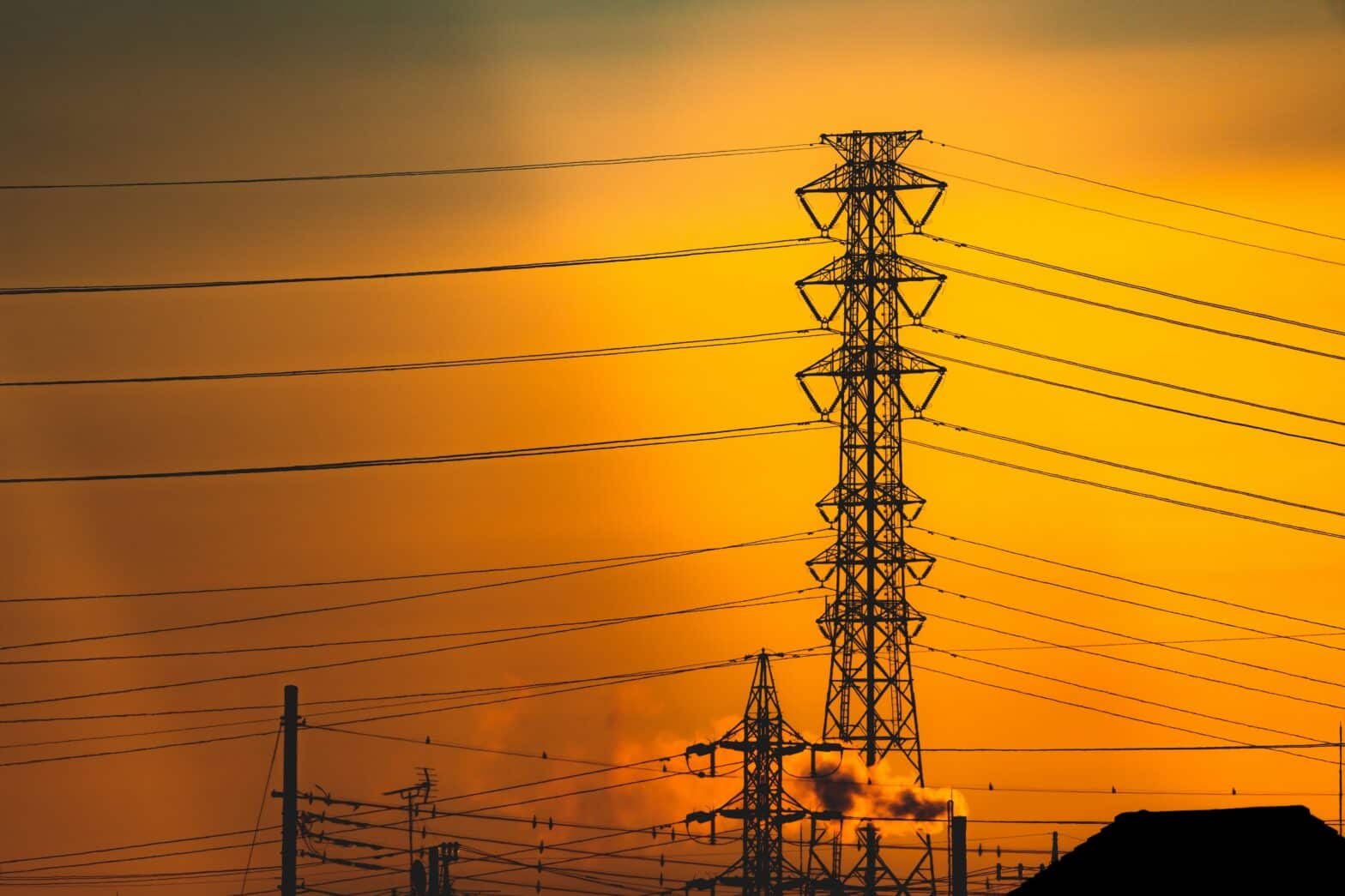DSOs of the Future
Ensuring security of supply and an adequate maintenance of the power grid is and always will be the DSO's “raison d’être”. But now, it is time to innovate and evolve into the European DSO of the future!
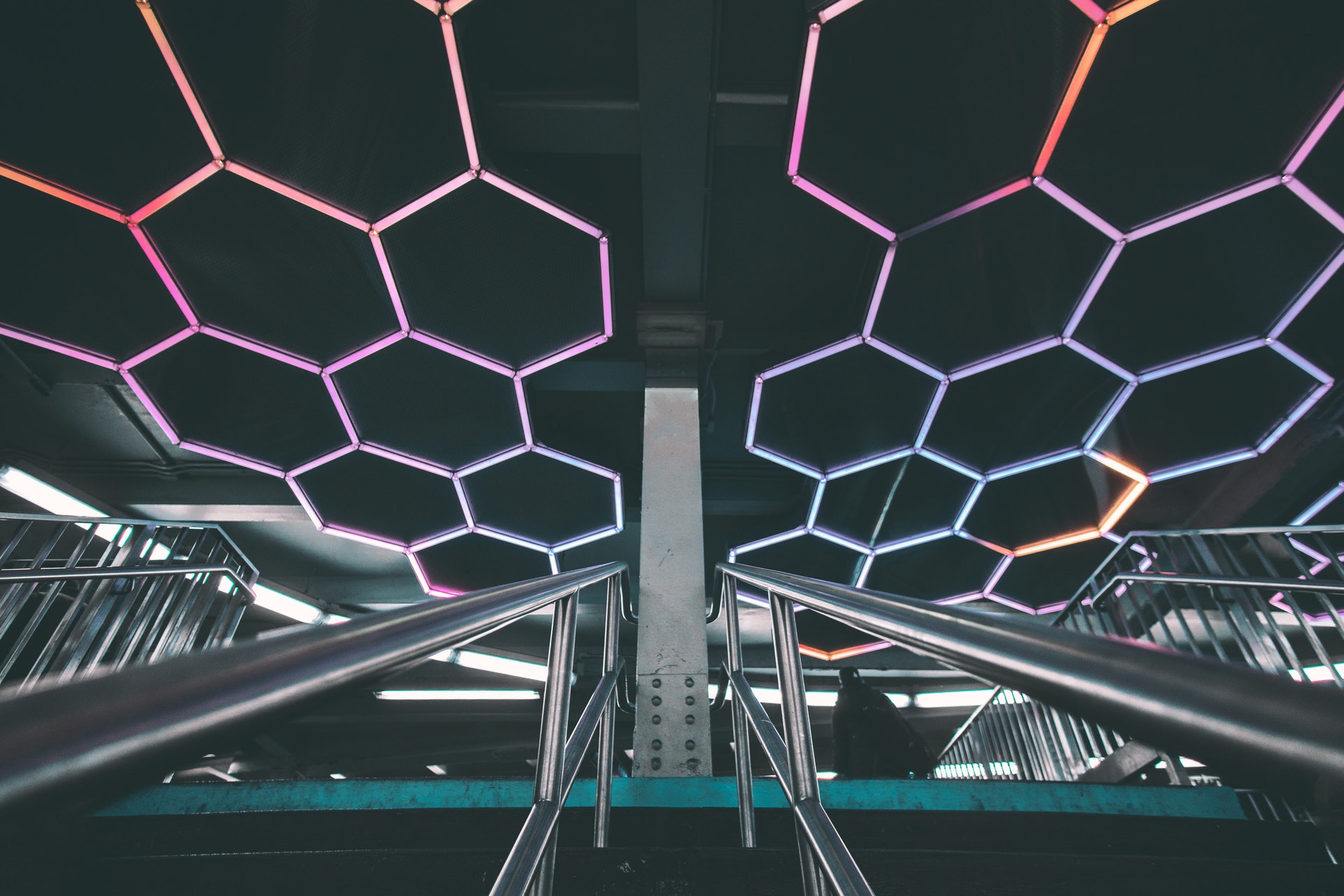
The Energy Transition involves the transformation of the electricity grids, and their digitalisation goes beyond equipment.
It is a new paradigm based on radical changes in the traditional vertical way of exploiting the grids towards a horizontal management. This is driven by the penetration of renewable generation, batteries and e-mobility due to the integration of ICT and the management of systems through distributed intelligence.
Consequently, the relationship between utilities and consumers is changing, and countries with smart meters deployment will be able to improve it. A big shift can already be seen to more technical issues in the questions and needs the customers have. The DSO is the one that has to facilitate the connection of the customer’s new technology to the grid. However, in a time when the role of the DSO becomes increasingly important in a more complex and decentralised energy system, the DSO still remains as the unseen actor. This has to change.
For more on how digitalisation is transforming the electricity world and enabling efficient interaction amongst all the different actors, tune into this episode of the FSR Net Zero podcast with Chris Peeters (CEO, Elia Group).
Peeters discusses the increasingly important role consumers will play as we move to “the concept of, first of all, consumer in the centre and, secondly, around that consumer, providers of energy as a service” and how market players will become more agile in addressing their specific needs. Regarding electricity grid operators, he points out two lines of action for the coming years: continue investing in the infrastructure to adjust to the new system setup and “making sure that the system evolves in a way that is actually adapting to the new needs of the clients”.
It is time to innovate
On one hand, we have key factors for the energy transition: more interconnections planned, storage, e-mobility, sector integration, demand-side response, smart grids, and other emerging flexibility solutions. On the other hand, we have outdated DSOs whose main focus for a hundred years has been ensuring there are no power outages and restoring power as quickly as possible, which in turn has required relatively little innovation and strategic thinking (compared to other businesses facing competition).
From now on, the DSO will have to cooperate with other grid operators and new participants and exchange data. Digitalisation is a conditio sine qua non, but digitalization alone does not guarantee DSOs’ survival in an ever-changing market. They need to start adding value with new services in the energy domain, since the global energy value chain is finding itself on the cusp of being structurally disrupted.
Interested in how DSOs see the future role of gas?
Watch this FSR Gas video interview with Maria Olczak (FSR) and Marie Pierre Fauconnier (Sibelga, the Belgian Distribution System Operator for electricity and gas) on the role of DSOs in the changing EU energy system. How do DSO’s see the future role of gas? Do they see the need to strengthen their cooperation with TSOs?
Adapt or die
DSOs are risking a death spiral of lost revenue from potentially less connected consumers (e.g. energy communities are just one connected consumption point), while facing new costs on grid modernization and resilience. Eventually, costs could overwhelm revenues and many DSO could perish under the weight of their intransigence and antiquated structure. But DSOs are not dinosaurs, unaware of any signs of their incoming fatal extinction. DSOs know their “killers” and they can potentially befriend and/or embody them, they must react now to be ready to play in the market and team up with other market participants. If they do, we will see the rise of digital multi-utilities.
I believe that, eventually, consumers will no longer pay for energy, but rather for the services and products that allow them to interact with the grid without losing comfort or improvement of their experience with energy. Just as we stopped paying for the amount of minutes we were talking on the phone, we will stop paying for how many KWh we have contracted. Utilities could be in the next decade(s) what the CLECs were in the 90s, taking advantage of regulation openings that allow new operators to offer new valuable services that customers could potentially pay more for, whilst also guaranteeing them access to the incumbent operator’s network for a modest fee.
How has the Clean Energy Package pushed DSOs to adapt?
In this FSR Energy Union Law podcast, Elina Hautakangas and Tatu Pahkala, from the Ministry of Economic Affairs and Employment in Finland, discuss the changing role of distribution system operators (DSOs) in the EU Clean Energy Package and reflect upon the implications of this shift for the EU internal electricity market and, specifically, Finland’s energy sector.
What do consumers want?
Self-consumption, storage, e-mobility, micro-grids, energy communities and off-grid trends are bringing new opportunities and alternatives for the customer...DSOs enable all these new developments from a technical standpoint, and they should partner up with customers to facilitate their increasingly active role in the energy market as a trustworthy and reliable partner.
Low prices, reliability and a renewable origin of my supplied energy is what I care about as a consumer. What could utilities offer me so that I would be happy to keep using them and even pay them more money? For instance, could somebody take care of the active engagement that is expected from the up-until-now passive consumers and make their life easier? Because honestly, something that requires more effort than paying bills and turning on and off light switches is not very appealing for the average person.
Self-consumption, storage, e-mobility, micro-grids, energy communities and off-grid trends are bringing new opportunities and alternatives for the customer. But they also bring challenges, as the customers do not always know how to proceed. DSOs enable all these new developments from a technical standpoint, and they should partner up with customers to facilitate their increasingly active role in the energy market as a trustworthy and reliable partner. The DSO will have to be an enabler allowing customers to enjoy the services offered by energy suppliers. The DSO can guide the customers to find the best solutions for them and for the grid, while always providing the consistent connection to the grid.
DSOs should help and facilitate the flexibility that is expected from customers, ensuring the safety of the system as a whole. Market organisation is key and DSOs, as neutral players, are perfect for efficiently bringing the necessary coordination and cooperation to all the participants.
Speaking of what consumers want, will they really be in the drivers seat of the energy transition?
In this FSR Net Zero podcast episode, Annette Jantzen, Secretary General at the National Energy Ombudsmen Network, shares her thoughts on the main needs and concerns of electricity consumers, in the changing context of the energy transition. According to Annette, one of the key issues arising from the energy transition is the high effort that the most vulnerable consumers have to make. She also comments on the resistance to smart meters in some European countries – “People don’t really see why they should have a smart meter. They would be less worried once they see they would get benefit out of it”. At the end of the day, what electricity consumers really want is “a reliable service at an affordable price”.
From a passive to an active approach
Therefore, strategic communication is crucial. The traditional DSO passive approach towards customer communication has come to an end. The DSO has to forecast the information customers need and approach them with tailor-made technical data.
Simply put, DSOs have to build trust and become customers’ 24/7 reliable partner. Their aim should be to reduce complexity, providing them with anticipated and quick grid response times and high security standards in the world of big data.
In conclusion, in a scenario with prosumers, decentralized energy systems and new generation and consumption patterns, DSOs have to actively create higher value for the connected consumer and explain the unknown benefits of staying connected to the grid, so that the parties involved can benefit from all the advantages of the distribution grid that has begun to transform.
DSOs have to strategically communicate how good they are at what they have always done: keep the lights on. This has widely been taken for granted, probably because we are all used to grids functioning extremely well. DSOs have the opportunity to position themselves for the future at this moment in time. As we begin this new decade, it is time for them to adapt.
Examples of such local markets where DSOs procure flexibility have recently been studied by FSR researchers in their publication: Flexibility markets: Q&A with project pioneers
Article by Carla Rubí
 Carla Rubí is an Spanish Energy Lawyer at Prat Rubí Advocats, an Energy & Climate Policy Advisor in GEODE and a Legal Advisor in ASEME. As such, Carla is in constant dialogue with the main regulatory authorities and institutions within the energy sector at an European, national, regional and local level.
Carla Rubí is an Spanish Energy Lawyer at Prat Rubí Advocats, an Energy & Climate Policy Advisor in GEODE and a Legal Advisor in ASEME. As such, Carla is in constant dialogue with the main regulatory authorities and institutions within the energy sector at an European, national, regional and local level.
Carla studied at Pompeu Fabra University Law School. She holds a Master of Laws from the Barcelona School of Management – Pompeu Fabra University. In August 2019, she became a member of the Barcelona Law Society (Ilustre Colegio de la Abogacía de Barcelona – ICAB). Connect with Carla
Don’t miss any update on this topic
Sign up for free and access the latest publications and insights



